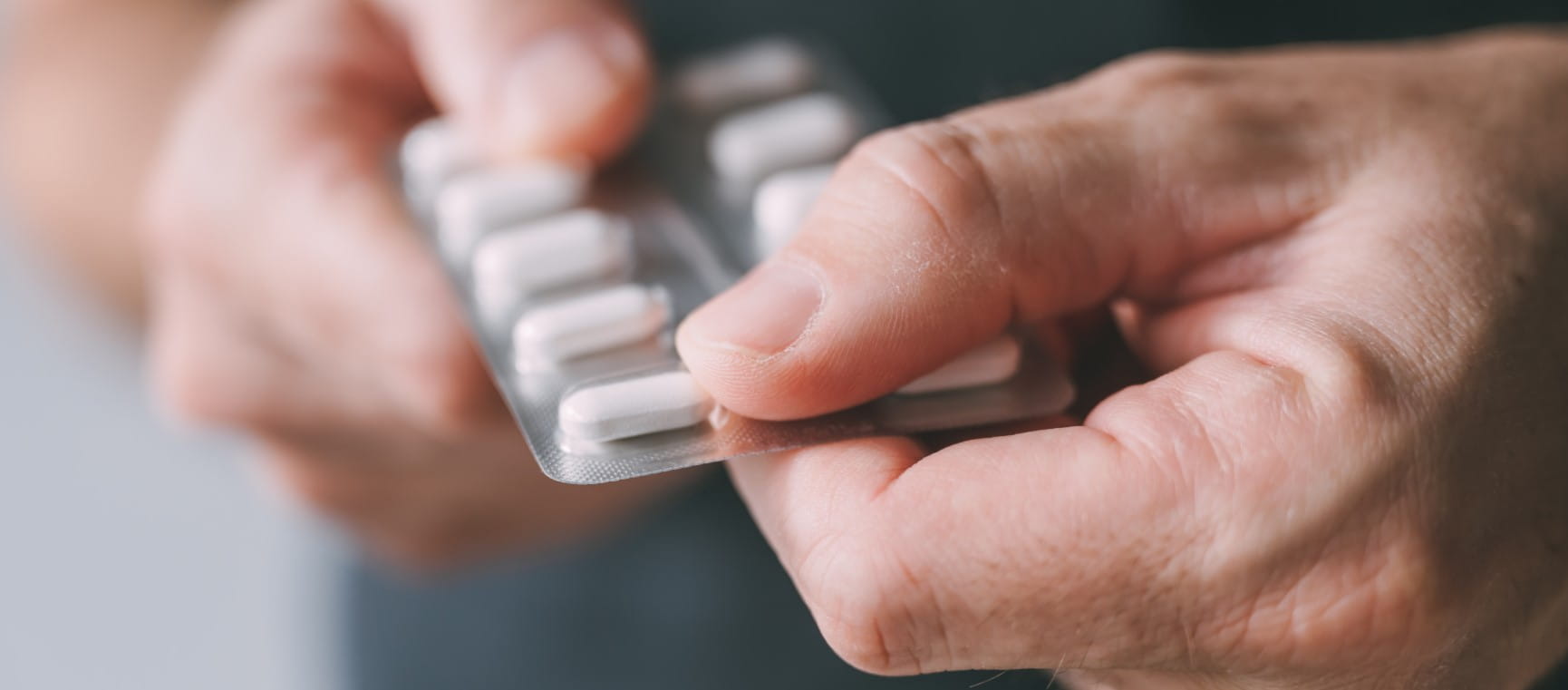

GP Dr Wendy Denning reveals the 13 changes in the way your hands look and feel that could be a sign of ill-health.
Believe it or not, the way your hands look and feel can reveal many hidden problems, from poor circulation to liver disease. If you're wondering why your hands are red and hot, blotchy, tingling or lumpy, we've got the facts on whether they could be revealing a health condition.
They’re often the first part of our bodies to show signs of ageing, but small changes in our hands, such as red palms or dry skin, can offer clues to a lot more besides. ‘They can be a useful indication of subtle or maybe more serious medical changes going on elsewhere,’ explains GP Dr Wendy Denning, of The Health Doctors practice in London.
She has 13 signs to look out for.
Though usually a sign of poor circulation, chilly hands can also be a symptom of low blood pressure, an underactive thyroid or Raynaud’s disease. Raynaud's affects how well your blood circulation works. The symptoms can include your finger tips turning white or blue, and experiencing pain and numbness.
‘They may indicate stress, too, as the heart is pumping blood to other areas of the body where need is greater,’ says Dr Denning.
Low blood pressure (less than 90/60mmHG), while usually desirable, might be due to underlying issues such as an irregular heartbeat, so contact your GP if your cold hands persist.
If your thyroid isn’t functioning well – something that often happens as we get older – you may also experience tiredness, weight gain, depression and even heart problems. Doctors usually prescribe a drug called levothyroxine to counteract this, but it’s vital to eat a healthy diet, including selenium, a trace element that is found in Brazil nuts, seeds, lentils and shellfish, and can also be taken in supplement form.
"These are a classic sign of liver damage, especially in the over-50s," explains Dr Denning. The redness usually affects the outer edge of the palms in a band from the wrist to the little finger. The exact cause is unknown but is thought to be due to blood vessels dilating as a result of changes in hormone balance. Red palms can also be a sign of an overactive thyroid or rheumatoid arthritis.
Medical help is essential if liver disease is the culprit, and it’s vital to cut out alcohol, take regular exercise and switch to a healthy diet. Liver problems can be linked to zinc and other nutrient deficiencies, so seek advice on taking a supplement.
Rheumatoid arthritis is treated with steroids, anti-inflammatories, disease-modifying antirheumatic drugs (DMARDs) to slow joint damage and, if severe, ‘biological’ drugs that target specific parts of the immune system. If you have rheumatoid arthritis, your joint linings can well, because of inflammation, and may become hot and painful when touched.
These can be a sign of stress or, again, an overactive thyroid, which causes the body to heat up. But they may also be a result of too much alcohol, or hyperhidrosis – aka excess sweating – which tends to run in families.
For hyperhidrosis, try strong antiperspirants such as Odaban Antiperspirant Spray, available on prescription or over the counter, or Iontophoresis, which involves placing the hands in a water tray through which a weak electric current is passed, works for 70-80% of sufferers (ask your GP for more information). Botox or medication can be effective, too.
Odaban Antiperspirant Deodorant Spray - RRP 14.99
Very dry skin on the hands can be a sign of an underactive thyroid. Women’s skin also tends to dry out as levels of oestrogen drop after the menopause. Dryness could also be a sign of essential fatty acid deficiency or dehydration.
HRT can address oestrogen deficiency. Make sure you drink plenty of water to avoid dehydration. If you need more essential fatty acids, put oily fish, nuts and seeds on the menu and consider taking a supplement, such as Holland & Barrett Skin Hair and Nails Formula. To help soothe dry skin, use creams such as Aveeno and CeraVe.
Dr Denning says, ‘A neurological disorder, essential tremor (ET) affects 4% of adults [aged 40-plus].’ If it becomes severe, it can interfere with everyday activities, such as lifting a teacup or drinking from a glass.
An overactive thyroid speeds up the metabolism, causing anxiety, a fast heartbeat, sweating, weight loss and insomnia, and is another potential cause of trembling. Anxiety, stress, strong coffee and too much alcohol are culprits, too. Shaky hands may also be a sign of Parkinson’s.
Physiotherapy and aids such as heavier glasses and wrist weights can help ET, along with medication in severe cases. An overactive thyroid can be treated with drugs, radiation and sometimes surgery.
Physiotherapy and dietary changes can help to improve some Parkinson’s symptoms but sooner or later sufferers will need medication to increase levels of the brain hormone dopamine.
Hard, bony nodules around the finger joints are a common sign of osteoarthritis.
"They can run in families, are more common in women and are often found in manual workers and people who use their hands a lot, such as typists and knitters," says Dr Denning. The lumps aren’t painful but, by the time they occur, osteoarthritis has usually progressed and is causing pain and stiffness, so you might want to consult your GP about them.
There’s no specific therapy for these nodules, but exercise, and/or physiotherapy to keep painful, stiff fingers moving, eating a healthy diet (Mediterranean is good) and losing weight, if needed, are the mainstays of osteoarthritis treatment.
Medication can include anti-inflammatory drugs and gels and creams to rub into the fingers. Try taking omega-3s, vitamin E, selenium and vitamin D supplements, too.
Fingers or fingertips that turn white, blue and then red, accompanied by pins and needles and numbness, are a sign of Raynaud’s disease, in which blood flow to the fingers is restricted. The exact cause is unknown but it often runs in families. While often just a nuisance, Raynaud’s can be linked to serious auto-immune conditions such as scleroderma, rheumatoid arthritis or systemic lupus erythematosus.
Avoiding the cold, wearing gloves, using hand-warmers and reducing stress can all ease Raynaud’s. Omega-3 fatty acids (also found in oily fish), evening primrose oil, vitamin B3 and magnesium supplements could be beneficial. In severe cases, the doctor may prescribe a drug that increases blood flow to the extremities. Scleroderma, rheumatoid arthritis and systemic lupus erythematosus can affect multiple organs and often need specialist treatment.
Rough, dry, itchy skin that doesn't heal, no matter how much hand cream you apply, can be a sign of eczema. In severe cases, skin may become red, flaky, blistered and cracked. Skin often becomes dryer and more eczema-prone as we age. And other conditions such as diabetes, kidney and/or thyroid problems, over washing, irritation from household or garden products, central heating, low humidity and iron deficiency can all exacerbate it.
Keep hands moisturised, use a barrier cream and/or wear gloves for household chores and gardening. In mild cases, the pharmacist can advise on suitable moisturisers and mild steroids (e.g. 1% hydrocortisone). For more severe cases the doctor may want to do a patch test to check for specific allergens and prescribe medications. These may include a variety of topical creams and ointments and stronger steroids.
Pins and needles, numbness and sometimes a loss of strength in your hand can be a sign of repetitive strain injury (RSI), caused by keyboard work and other repetitive tasks. Other symptoms include throbbing, pain or tenderness. The arms, neck and shoulders may also be affected.
Your doctor may refer you to a physiotherapist who can suggest exercises to help you regain strength and mobility in your hands as well as advise on pain relief. Other treatments can include massage, acupressure and acupuncture. Steroid injections may be an option if there is inflammation.
"Usually known as age spots or liver spots, these are a sign of excessive pigmentation due to over exposure to the damaging UV rays of the sun," says Dr Denning.
Your hands might feel hot for a variety of reasons, for example inflammation caused by rheumatoid arthritis (see above). In some cases fibromyalgia can also cause hands to feel hot and uncomfortable. One known but rare cause of hot, blotchy hands as well as hot arms, legs, feet and face, is erythromelalgia. Erythromelalgia can range from a mild tingling feeling to severe burning, and flare ups typically last from just minutes to several days.
If your hot hands persist you should speak to your GP to rule out any underlying conditions. If your hot hands are caused by erythromelalgia there are oral and topical medications available.
There are several dermatological issues that could cause white spots or patches on your hands. For example white patches on your hands could be caused by eczema, sun spots or pityriasis versicolour, a fungal infection that causes patches to develop on your skin. These discoloured areas could also be white, red brown or pink. The patches will be itchy, but are harmless.
Antifungal medicines in the form of creams, tablets and shamoos can be used to treat pityriasis versicolour. It can take a few weeks for treatment to work, and chances are it will come back after treatment, especially if you visit hot, humid countries.
Thickening palms is a classic symptom of Dupuytren’s contracture, when the tendon sheaths of the fingers in the palm of the hand develop cord-like thickening. It is more common in the ring or little finger and can result in the finger curling into the palm. "It often runs in families but may be caused by excess alcohol intake, diabetes, epilepsy, cirrhosis or an injury to the hand," explains Dr Denning.
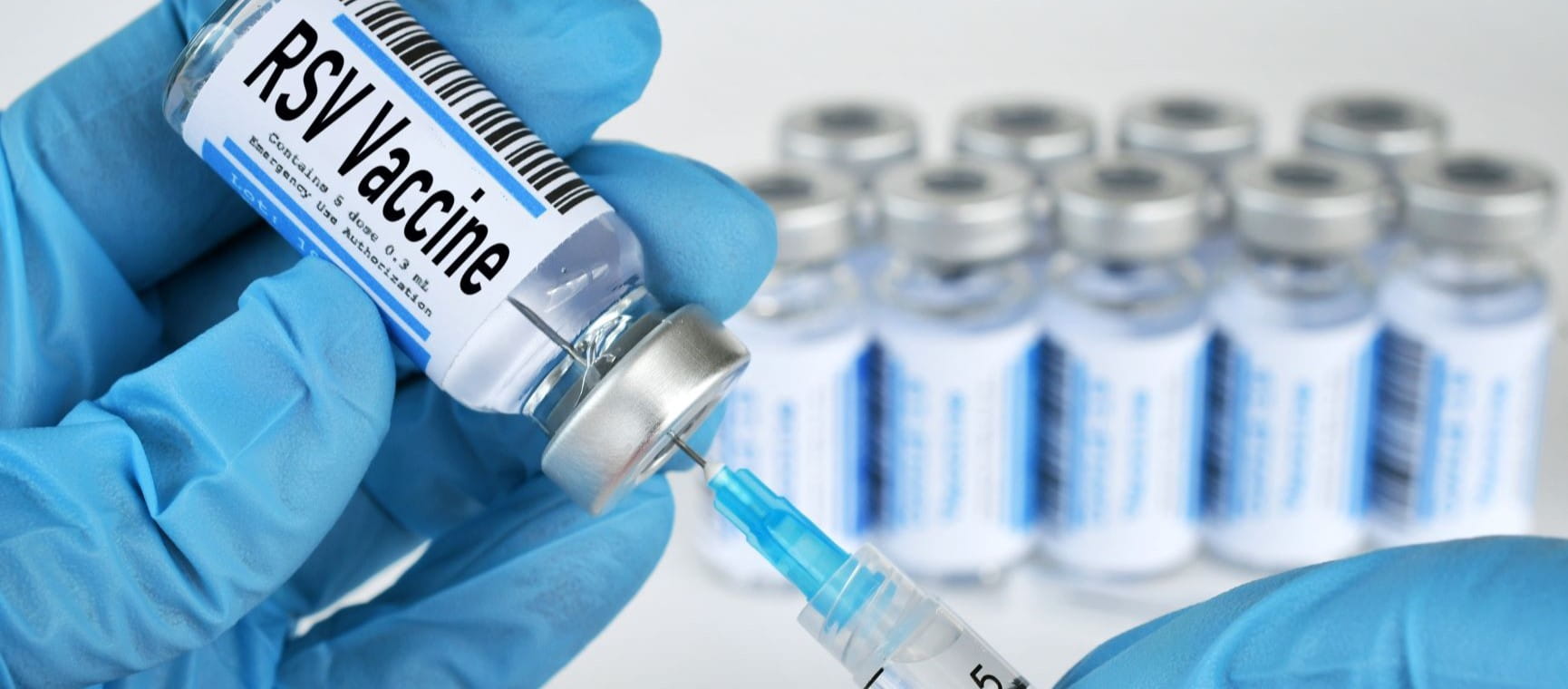
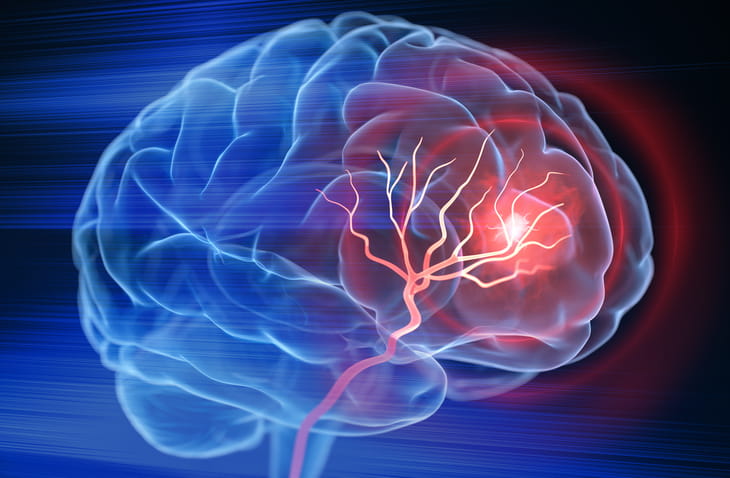
Facial weakness, a sudden headache and dizziness can all be signs of a stroke, we've got the facts from an expert.
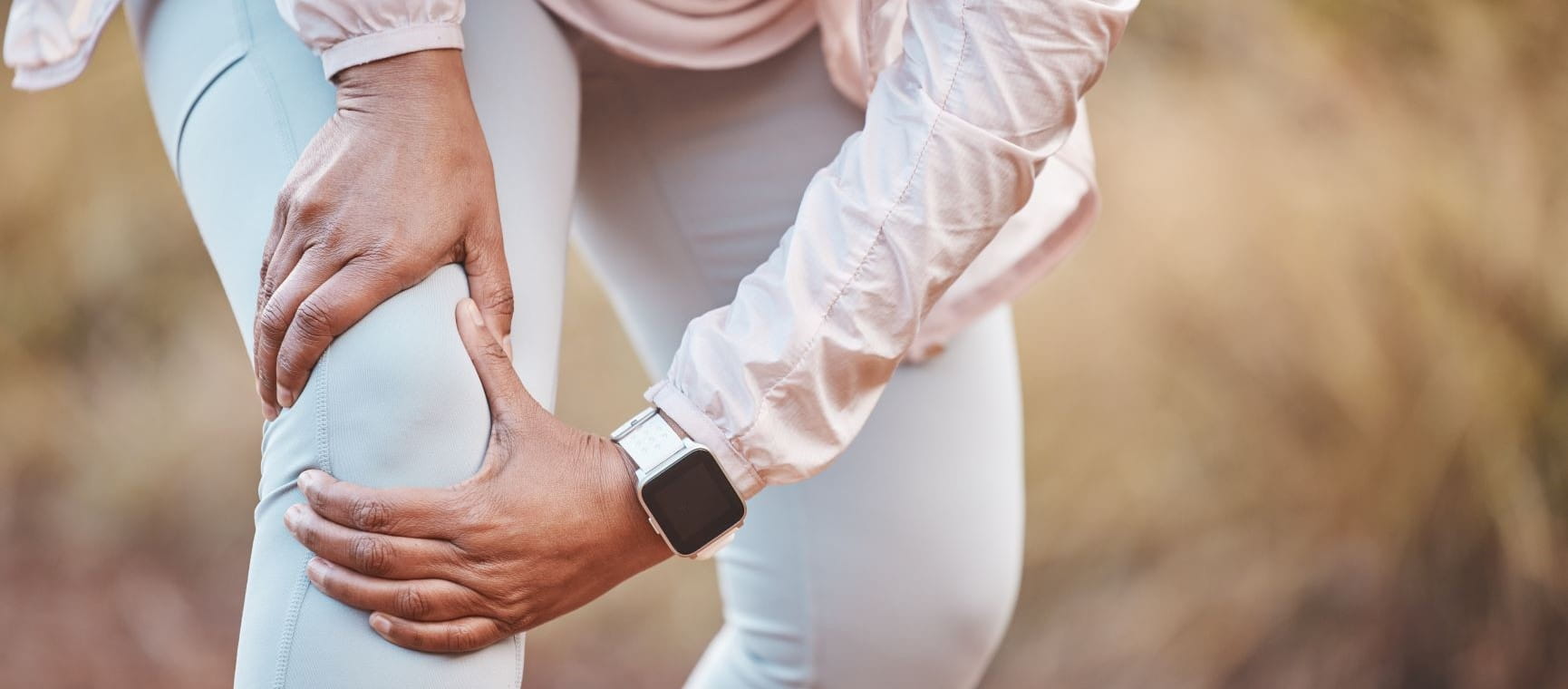
Knee pain is more common as we age: to help we've got the best advice from 3 leading experts with easy ways to make a difference.
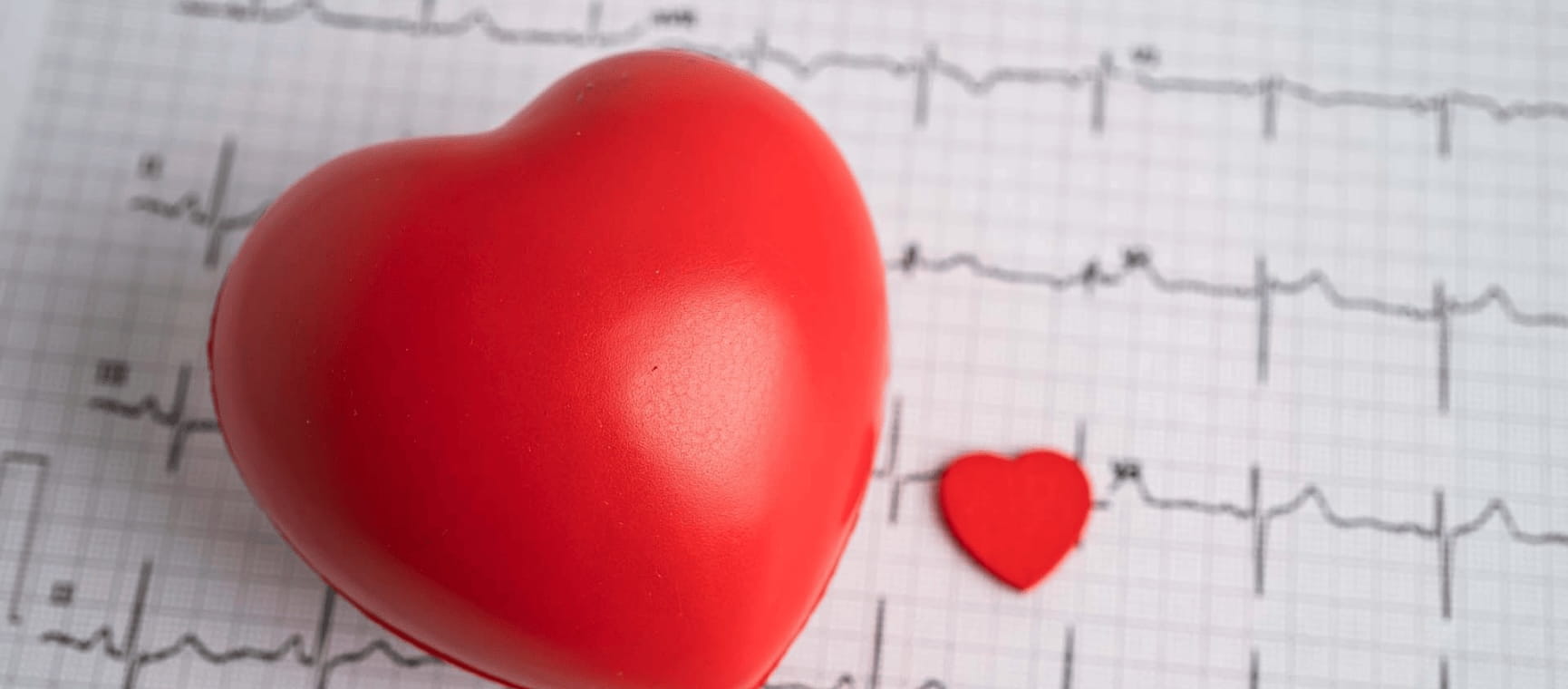
Do you know the symptoms of a heart attack? Here’s what to look out for, and how to prevent one.
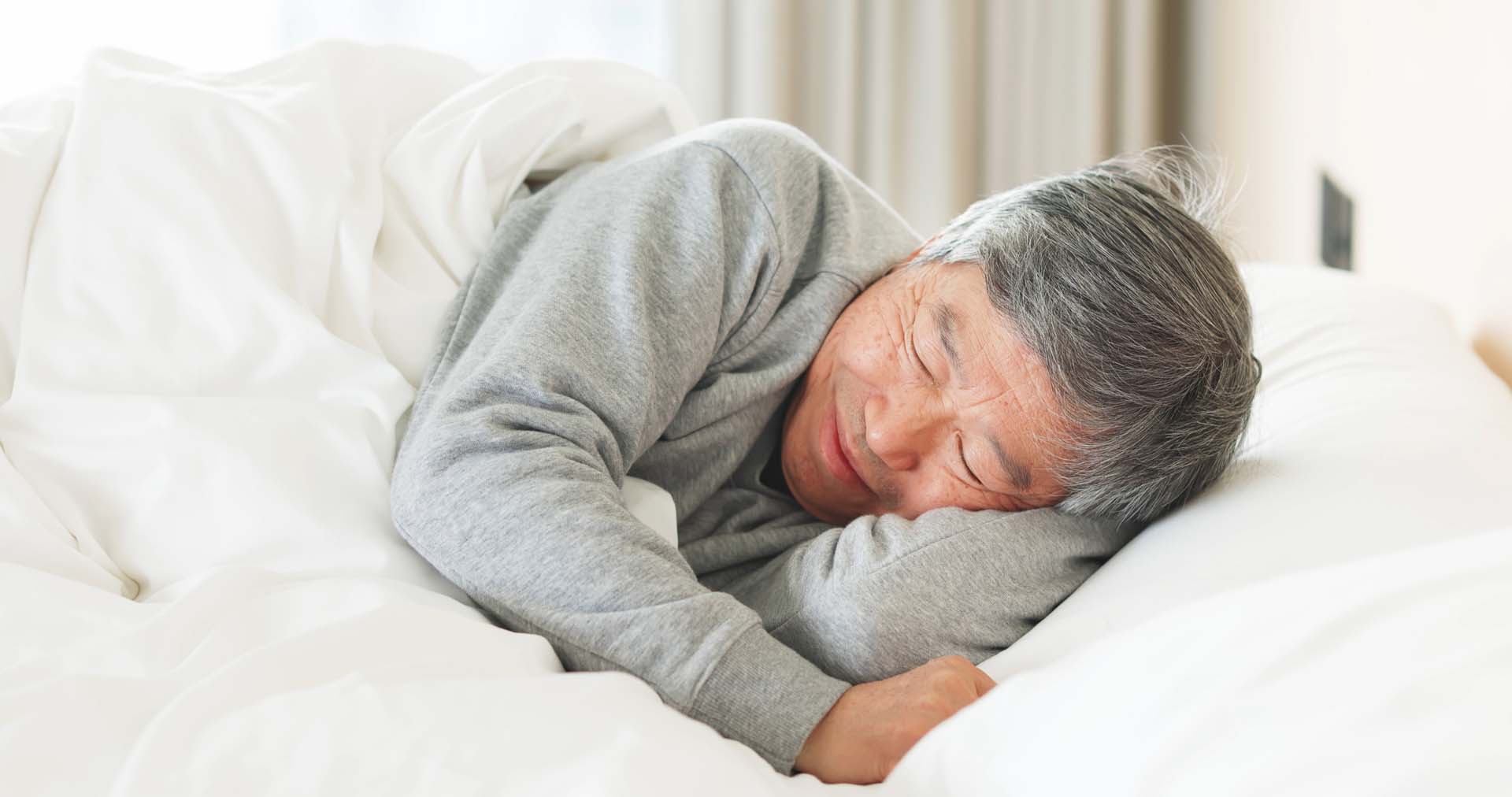
Front, back or side? Which sleeping position is best for you as you get older, and which ones you should avoid

